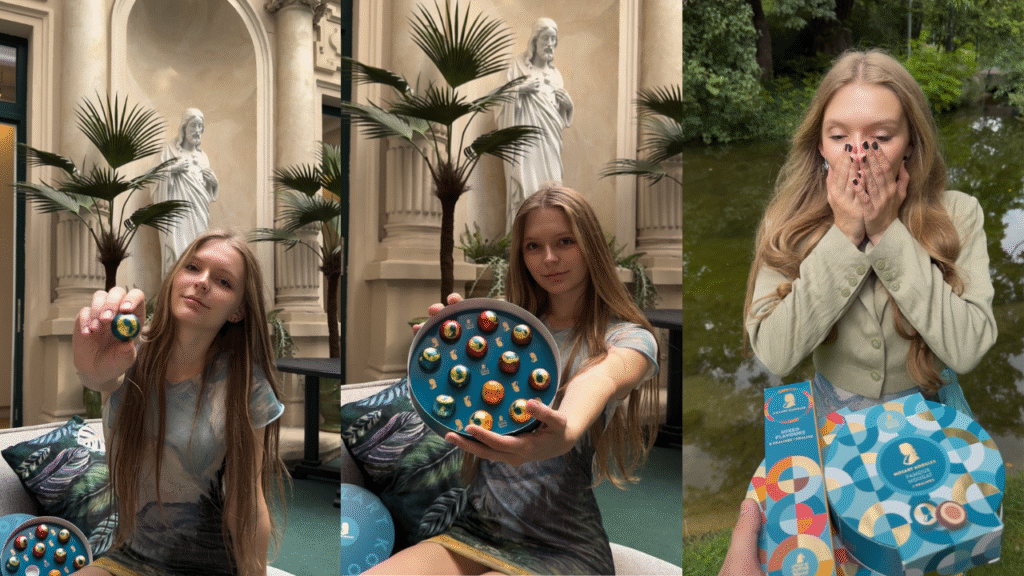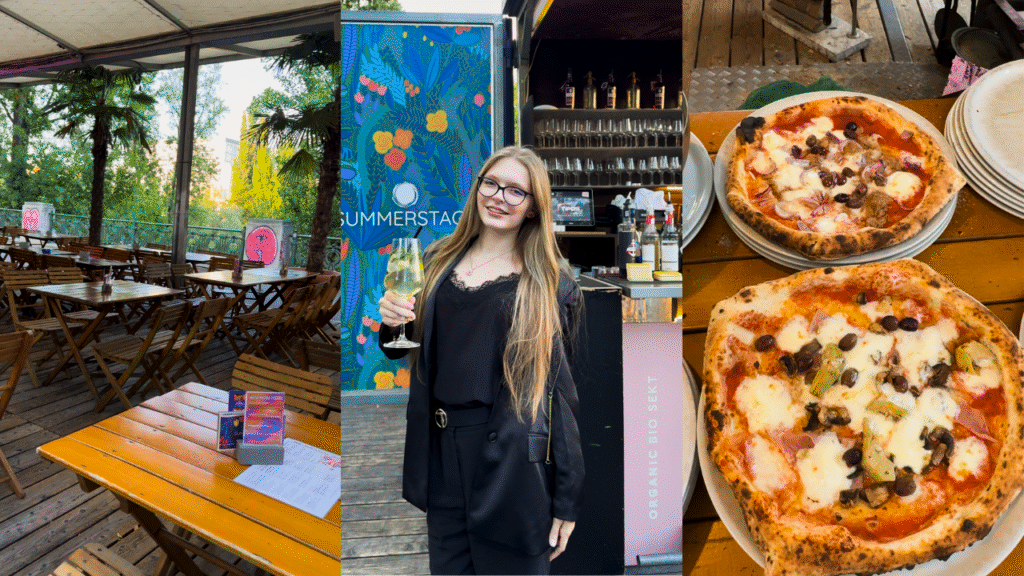Austria, known for its alpine beauty, classical music, and historic charm, also prides itself on structure, politeness, and social formality. Understanding basic Austrian etiquette can help visitors make a positive impression and avoid cultural misunderstandings.
Greeting Customs in Austria
Formal Introductions Are the Norm
Austrians are typically reserved when meeting new people. Handshakes are standard, and titles (like Herr or Frau followed by the surname) are used when addressing others formally.
Use of “Grüß Gott”
In most of Austria, especially in the east and south, people greet each other with Grüß Gott, a traditional phrase meaning “God greet you.” In Vienna, you may also hear Servus in informal settings.

Dining Etiquette
Table Manners Matter
Table manners are taken seriously. Keep your hands visible on the table (but not elbows), and wait for the host to say Guten Appetit before eating. It’s polite to finish everything on your plate.
Tipping is Expected
While not mandatory, a 5–10% tip is customary in restaurants, cafés, and taxis. It’s common to round up the bill rather than leave change on the table.
Punctuality and Appointments
Always Be On Time
Austrians value punctuality. Being late for meetings, even by a few minutes, can be seen as disrespectful. If you’re going to be late, always call ahead.
Dress Code and Appearance
Dress Neatly
Austrians take pride in appearance. In cities like Vienna or Salzburg, locals tend to dress smart-casual even for daily errands. For classical concerts or upscale restaurants, formal attire is often expected.
Social Behavior
Quiet Public Conduct
Public conversations are typically more subdued in Austria. Speaking loudly in public spaces—especially on public transport—is discouraged.
Respect for Rules
Austria is known for its strict adherence to rules and regulations, including recycling practices, pedestrian signals, and quiet hours. Observing these shows respect for local customs.
Cultural Celebrations and Traditions
Christmas and Easter
These holidays are celebrated with deep tradition, especially in rural areas. Visitors are encouraged to explore festive markets, traditional dishes, and local customs.
Austrian National Day
Held on October 26, this holiday commemorates Austria’s declaration of neutrality. Military displays, free museum entries, and public events are common.
Gift Giving
Thoughtful Gifts Are Welcome
If invited to someone’s home, bringing flowers, wine, or chocolates is appreciated. Avoid giving red roses (associated with romantic intentions) or even numbers of flowers, which are considered inappropriate.
Conclusion
Understanding Austrian etiquette enhances your travel experience and demonstrates cultural respect. Whether you’re dining in Vienna, hiking in Tyrol, or attending a local event, these customs provide a framework for respectful and enriching interactions with locals.




